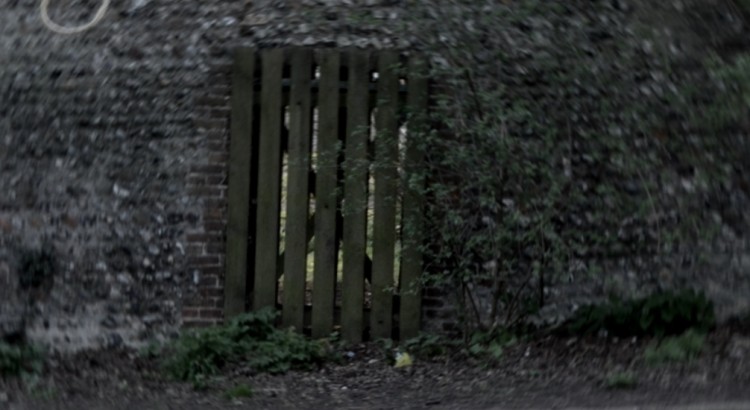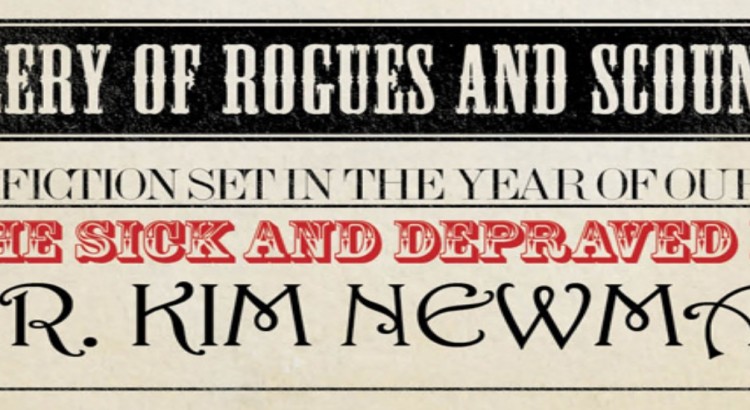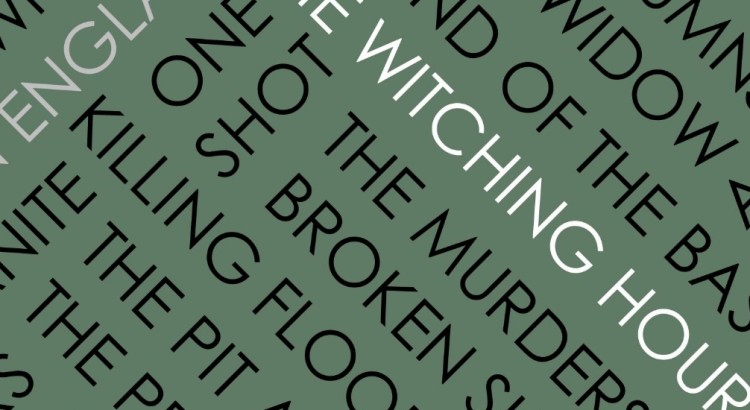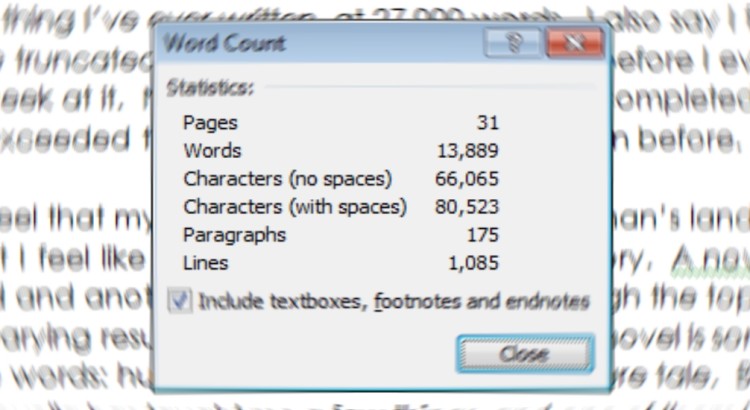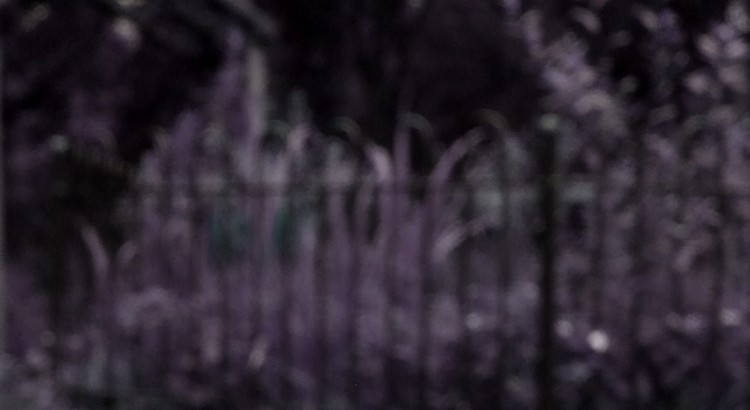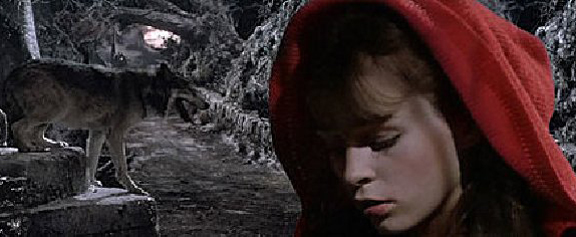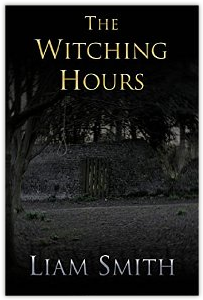It’s been a while since my last post. I can justify this, though, since I’ve still been writing – my novella The Witching Hours is now complete and live for download on Amazon. It’s been a really enjoyable experience: taking a story from its first few pages to the length of a full novella, editing it, having it proofread, revising and finally publishing it. I’ll likely write a full-length post about the publishing process and how I walked myself through it, but this one’s about something more specific. This is about designing book covers.
Never judge a book by its cover
‘Never judge a book by its cover’ goes the adage, but do we ever heed it? A cover is part of the experience of reading; part of the experience of the book. A picture paints a thousand words (a retaliatory adage there); it’s doing the job of your first few pages for you. I’ve certainly been enticed by some particularly fine book covers; I’ve deliberated for hours in Waterstones over which edition of Neil Gaiman’s Coraline to go for and drooled over the specially-bound bibliographies of Lovecraft and Poe. The fact is, as your browse the shelves of high-street bookshelves or the endless pages of ebook websites, the book’s cover is the feature that first grabs you. It first makes you want to read that book. It deserves attention and, like the title, is part of the entirety of the work.
I was keen to design and create my book cover myself. Not because I didn’t want to shell out for copyrighted images, but because I wanted The Witching Hours to be my work. Not just the words, but the entirety of it, the whole thing. This also put a handy limit on the ambition of the cover. I’m not a graphic designer by a long stretch, and knowing and sticking to my limits would prevent the cover from being too convoluted. Less is more. Simplicity is the glory of expression, in the words of Walt Whitman.
Different covers for different genres
I particularly enjoyed examining the book covers of Terry Pratchett as I was casting around for ideas. I enjoy Pratchett’s books; he’s wonderful at apying homage to multiple genres whilst often making a sharp point about some aspect of life. They work as fantasies, comedies, parodies and even social commentaries. It might be impossible to encapsulate all this in one cover but that’s fine. Pratchett’s books have been released with different covers. I’ll use one of my favourites, Mort, as an example.
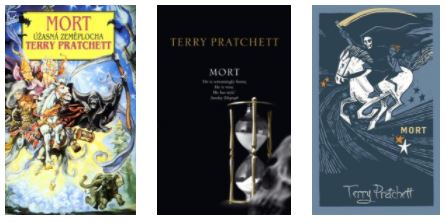
My own copy of Mort (on the left) looks very much like a fantasy novel. Though less colourful than some of Pratchett’s other books, it’s kinetic. Its characters are caricatures with exaggerated features, keeping company with the archetypes of the high fantasy genre. Think swinging weaponry, mountaintop castles and the perhaps inevitable barely-contained boobs of a tag-along maiden. Reading the book, it becomes apparent that this display is as much satire as it is serious. But it’s highly at odds with the recent re-release of the Discworld books as striking, minimal, black editions. This matches the book’s more sober aspect and fits its musings over death and the passage of time. Special editions of some of the Death-themed books have also been released that have a wonderful tactile quality to them. Regretably, not something that can be transferred to an ebook.
Read More